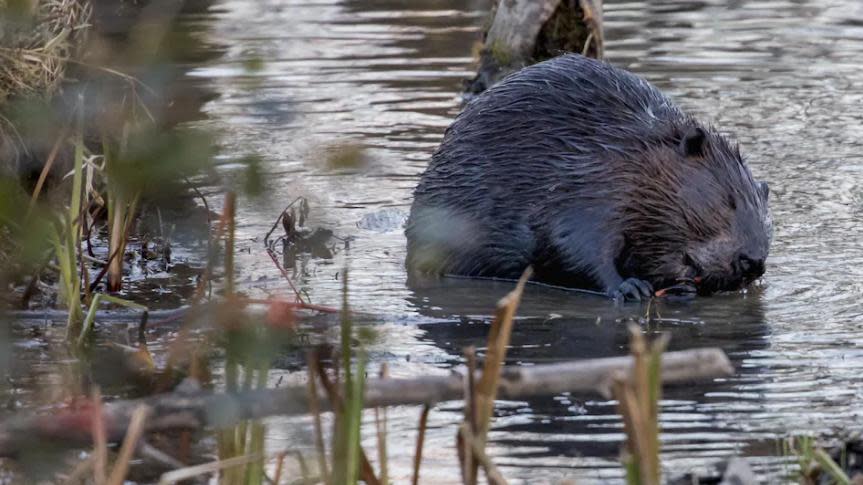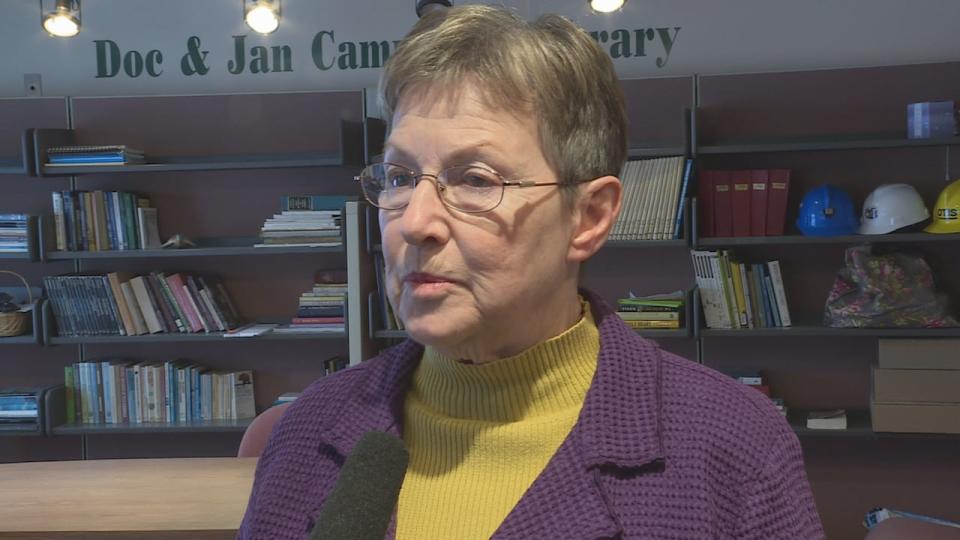Beavers left unprotected by new wildlife strategy, says advocate

The City of Ottawa is updating its wildlife management strategy to better handle human-wildlife interactions and protect natural habitats — but the lack of big changes to how beavers are dealt with could prove controversial.
The revised strategy includes measures such as increased public education, enhanced monitoring of wildlife diseases, and new protocols for encounters with large mammals.
Specific changes include partnerships with wildlife organizations and the creation of a "wildlife resource specialist" position to lead these efforts.
But it's beaver management that's likely going to be the "most contentious piece" of the report, said Alta Vista Coun. Marty Carr, the vice-chair of the city's environment and climate change committee.
"That's because there's not a lot of changes recommended to our current practices," said Carr, whose committee will consider the strategy June 17 at a joint meeting with the agriculture and rural affairs committee.

Beaver management is a 'complex issue,' Carr said. (Michel Aspirot/CBC)
'Complex issue'
Wildlife advocates have had long-standing issues with how reliant the city is on using lethal methods to deal with troublesome beavers.
When the presence or actions of an animal pose a risk to public health and safety, the city's service providers can use lethal trapping.
According to the proposed new wildlife strategy, the city will "maintain current beaver management solutions in municipal drains and stormwater systems and evaluate beaver management practices in other locations."
"Beaver management requests are assessed using a risk-based approach on a case-by-case basis, with beaver trapping considered as a last resort," the report says.
Beavers are a "complex issue," Carr said, as their dams can contribute to flooding, negatively impact the city's stormwater infrastructure and obstruct city drains and culverts.
Ottawa's approach to handling beavers is significantly influenced by the Provincial Drainage Act, Carr said.
The law requires municipalities to keep drainage systems working properly to prevent flooding and protect both farmland and infrastructure.
The city employs trappers licensed by Ontario's Ministry of Natural Resources as a flood control measure, and the ministry recommends lethal trapping, according to the city's website.
"We are hampered by provincial legislation in terms of stopping [how we trap] beavers," Carr said.
"I'm hopeful that the new position of the wildlife resource officer … will be able to assist in making some recommendations and work with organizations like the Ottawa-Carleton Wildlife Centre."

Donna DuBreuil, president of the Ottawa-Carleton Wildlife Centre, says the city’s approach to beaver management is “draconian.” (CBC)
'No-brainer for the city'
Donna DuBreuil, the president of the centre, described the city's approach to beaver management as "draconian."
DuBreuil said she advocates for a preventative approach that would keep beavers "on the landscape" by installing flow devices, which are currently being used in cities across North America.
The devices prevent flooding, DuBreuil said, while also allowing beavers to continue providing benefits to the environment like preserving and enhancing wetlands.
"The city of Ottawa has so many challenges. Whether you're talking about housing or waste management or the LRT there's just so many issues that are really complex and difficult issues. And basically this is a no-brainer for the city to get right," DuBreuil said.
"Here we are, the nation's capital, still doing something that shouldn't have been done for the last 50 years," she added.


